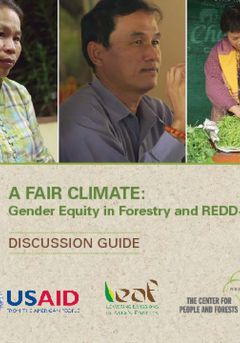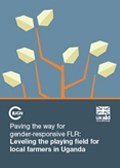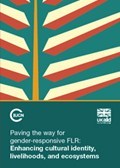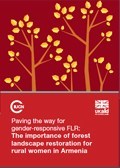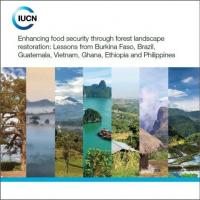Community forestry in Tanimbar, and industrial prospective scenarios
In its present state, the analysis of the wood industry system in Tanimbar archipelago only covered the South part of the Yamdena island. In this part of the island, the wood industry system feeds the demand of the local villages and of Saumlaki. Among the villages of South Yamdena, two villages (Wermatan and Ilngei) are remarkable with their high level of wood activities. Thus these are analysed in the following sections. In the north part of the Island, the system feeds the local villages, the city of Larat, but also some outer markets.



